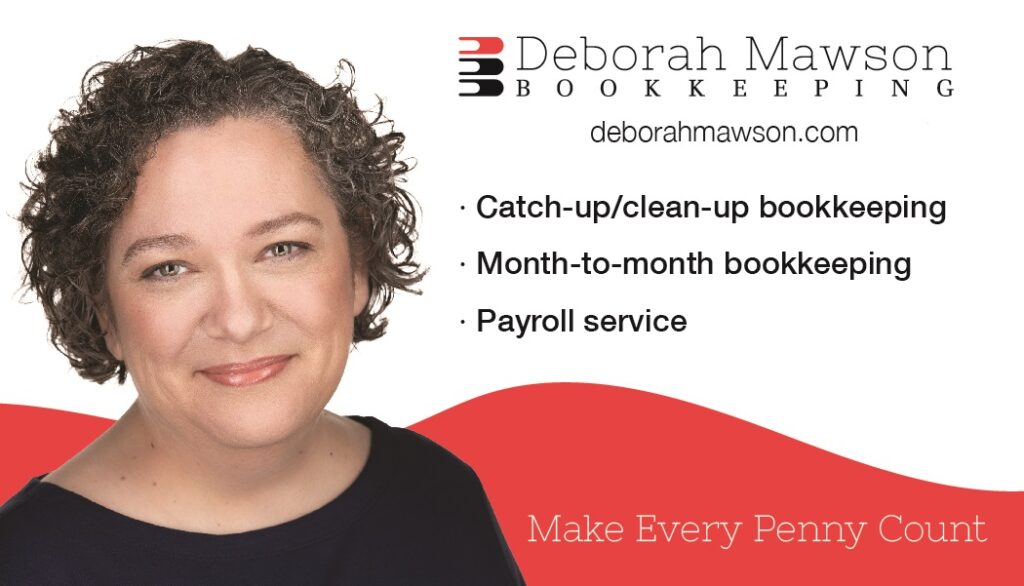
Are you a contractor drowning in a sea of receipts, missing out on crucial deductions, and dreading the approach of tax season? Imagine transforming that annual headache into a smooth, stress-free process that actually saves you money. This isn’t a pipe dream—it’s entirely possible with the right knowledge and support.
Meet Joel, a fictional contractor who represents many real professionals we’ve worked with in South Central Pennsylvania. While not a real person, Joel embodies the typical skilled contractor who excels at transforming houses into dream homes. Like many actual contractors, he’s great with a hammer and paintbrush, but when it comes to managing his business’s finances, especially taxes, he finds himself struggling.
Each year, as tax season looms, Joel faces a familiar struggle: a mountain of receipts, uncertainty about deductions, and the nagging worry of missed quarterly tax payments. He’s not alone in this battle. For many contractors, taxes represent a confusing and frustrating aspect of running a business. But here’s the good news: it doesn’t have to be this way.
With the right guidance—such as a dedicated virtual bookkeeper—tax season can become just another date on your calendar rather than a source of dread. In this post, we’ll unveil the key tax responsibilities every contractor needs to know, highlight lucrative deductions you might be missing, and demonstrate how a virtual bookkeeper can revolutionize your tax management process.
Ready to turn your tax troubles into financial triumphs? Let’s dive in and discover how you can master your contractor taxes, maximize your deductions, and minimize your stress.
Understanding Contractor Tax Responsibilities
As a contractor, your tax situation looks a little different from someone who’s traditionally employed. You don’t have a regular paycheck with taxes automatically withheld, and that means the IRS expects you to manage your own tax payments throughout the year. That’s where quarterly estimated taxes come in.
If you’re not making those payments every few months, you could be hit with penalties come tax time. Missing deadlines doesn’t just leave you with a bigger bill—it can lead to additional interest charges. It’s like letting your renovation job run over schedule. Not a good look, right?
Self-Employment Taxes: What You Should Know
On top of your regular income tax, contractors also need to account for self-employment taxes—that’s an additional 15.3% for Social Security and Medicare. While employees typically split this with their employer, you’re on the hook for the whole thing. And this is where things get tricky if you’re not regularly setting aside money for these payments.
But there’s a silver lining: staying organized with your expenses and deductions can help you reduce your taxable income—and that’s what we’ll explore next.
Tax Deductions for Contractors: Don’t Miss Out!
One of the most effective ways to reduce your tax burden is by taking full advantage of tax deductions. However, many contractors—Joel included—either don’t know which deductions apply to them, or they’re too busy running their businesses to track expenses properly. That’s a costly mistake. Deductions directly lower your taxable income, meaning you could end up paying far less if you keep careful records and know what you’re eligible for.
Let’s break down some of the most common deductions contractors can claim:
- Home Office Deduction
If you use a dedicated space in your home exclusively for business, you may be able to claim a home office deduction. However, this space has to meet strict IRS criteria, meaning it needs to be your principal place of business or used regularly and exclusively for work. No mixing it up with family movie nights!
- Vehicle Expenses
Contractors often spend a lot of time driving between job sites, meeting clients, or picking up supplies. You can choose to deduct either the mileage you rack up on work-related trips or the actual expenses (gas, maintenance, insurance) tied to your vehicle. For many contractors, mileage is the simpler option, but it’s important to track it carefully throughout the year.
- Tools & Equipment
Any tools or equipment you purchase specifically for your business are deductible. Whether it’s a shiny new power drill or software for creating project estimates, these costs can be written off as long as they’re necessary for your job.
- Subcontractor Fees
If you hire subcontractors to help with projects, their fees are a deductible business expense. This is especially important for contractors who juggle multiple job sites and need extra hands on deck. Just make sure you’re keeping accurate records of what you’ve paid out.
- Self-Employed Health Insurance
If you’re paying for your own health insurance, you might qualify for the self-employed health insurance deduction. This allows you to write off your premiums, which can add up to significant savings for you and your family.
- Job-Related Travel, Meals, and Lodging
Traveling to job sites or meeting clients outside of your home base? You can typically deduct the travel expenses, including lodging and meals, if they’re related to your work. Just remember, meals are only 50% deductible in most cases, so don’t overdo it on those fancy client lunches!
Maximizing Your Deductions: Organization is Key
Knowing what to deduct is only half the battle. Staying organized is where contractors often struggle. Joel, for example, used to throw all his receipts into a drawer and sort through them when tax time rolled around.
The result? Missed deductions and unnecessary stress.
This can also lead to additional time spent away from making money and getting organized or even additional cost to pay someone else to do this task for you.
The truth is, organizing and categorizing expenses throughout the year is critical for maximizing your deductions. By regularly tracking your mileage, keeping receipts for every business-related purchase, and ensuring that your financial records are up-to-date, you’ll have a clearer picture of your deductible expenses come tax season.
If this sounds overwhelming, don’t worry—you’re not expected to do it all on your own. A virtual bookkeeper can step in to ensure that everything is categorized correctly, helping you hold on to more of your hard-earned money.
Take Control of Your Contractor Taxes
Joel’s story reflects the struggles many contractors face with tax management. But there’s a solution that can transform this challenging aspect of your business into a manageable, even beneficial, process: partnering with a virtual bookkeeper.
A virtual bookkeeper can help you stay ahead of tax deadlines, maximize deductions, and gain valuable financial insights to guide your business growth. They offer more than just tax assistance; they provide peace of mind, allowing you to focus on what you do best – running your contracting business.
Let’s explore in more detail how a virtual bookkeeper can revolutionize your approach to contractor taxes and overall financial management.
The Role of a Virtual Bookkeeper in Contractor Tax Management
Joel’s story doesn’t have to end in tax season stress, and neither does yours. By taking a proactive approach to managing your finances—with the help of a virtual bookkeeper—you can transform this dreaded task into a smooth, predictable process.
Stay Ahead of Tax Deadlines
Busy contractors often let quarterly tax deadlines slip. A virtual bookkeeper keeps your finances organized year-round, helping you avoid costly penalties and stay on top of payments. You’ll have a clear understanding of your financial health and upcoming obligations, maintaining control of your cash flow and avoiding IRS headaches.
No more guessing how much you owe or facing last-minute surprises. You’ll always be a step ahead.
Maximize Deductions and Boost Your Bottom Line
Proper record-keeping is crucial for maximizing deductions and lowering your tax burden. A virtual bookkeeper ensures every deductible expense is tracked and categorized correctly—from job-related travel to work vehicle mileage. This attention to detail could significantly shrink your tax bill, leaving more money in your pocket and helping you manage cash flow during slower periods.
Gain Peace of Mind with Expert Support
The real value of a virtual bookkeeper lies in the peace of mind they offer. By handling the details of your finances—like tax planning, deductions, and quarterly payments—you can focus on growing your business and building the life you want. No more sleepless nights worrying about missed deadlines or deductions.
For Joel, hiring a virtual bookkeeper transformed his approach to business finances. He now stays ahead of his obligations, tracks deductions accurately, and gains valuable financial insights to guide his business growth.
The same could be true for you.
Ready to Simplify Your Taxes?
At Deborah Mawson Bookkeeping, we specialize in helping contractors like you take control of your finances. Whether you need help organizing your books, managing quarterly tax payment reminders, or finding every possible deduction, we’ve got you covered.
Let’s talk about how we can help your business run smoother—and save you money in the process. Schedule a discovery call today, and let’s start simplifying your tax season together.



